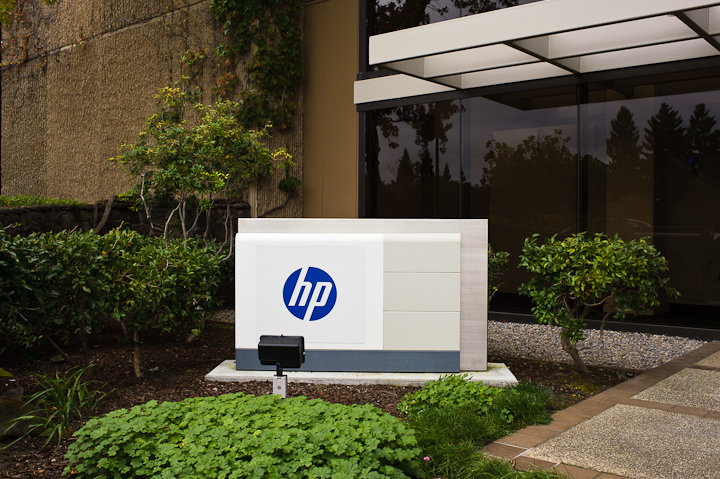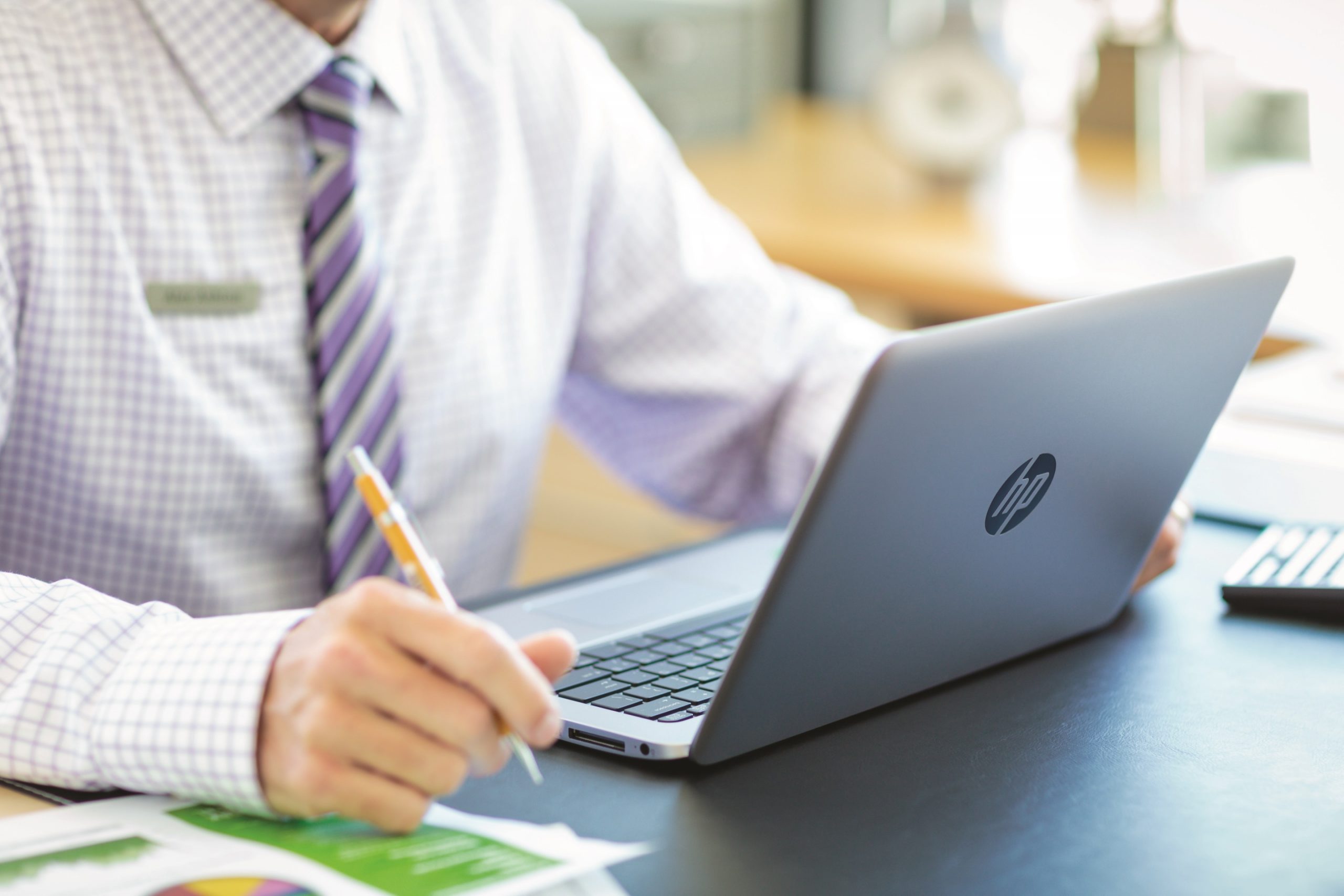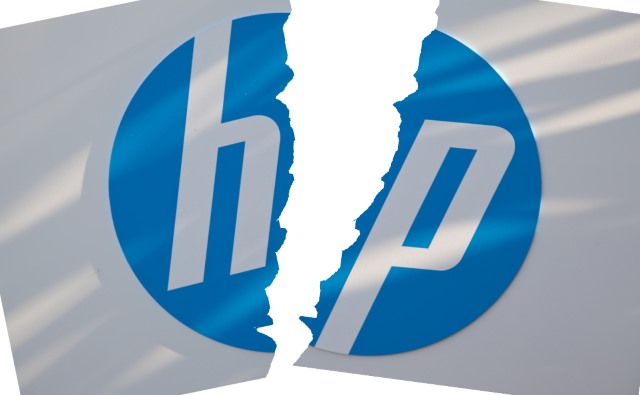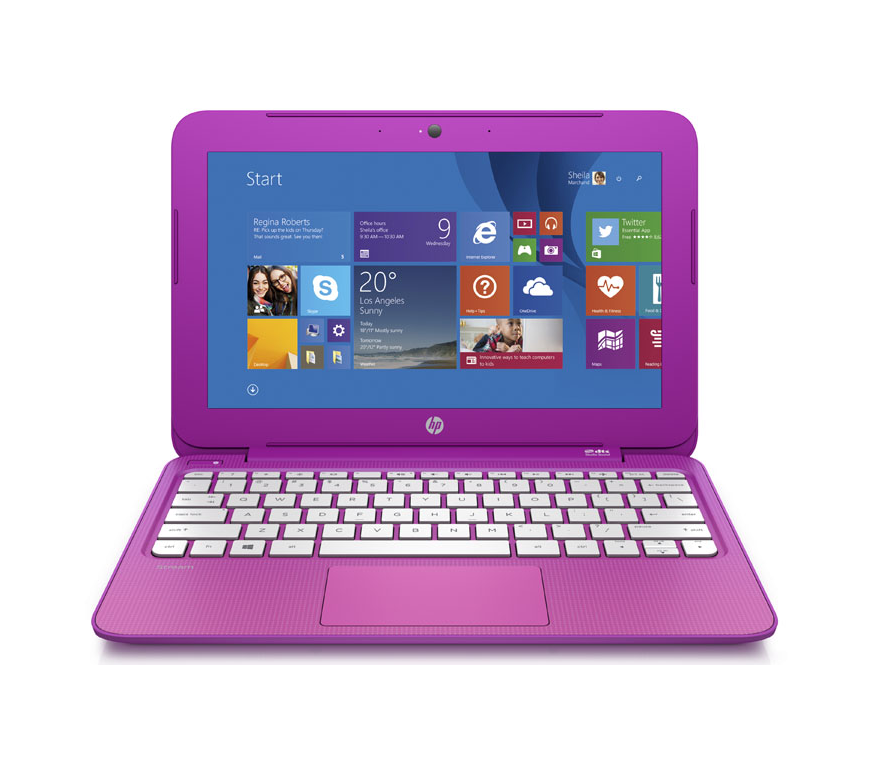
HP launches new infrastructure technology for enterprises
The IT needs of businesses are constantly evolving and technology giant HP has announced a raft of new products aimed at optimizing today's workloads whilst preparing for the future.
Offerings include new servers, faster storage, converged systems and an expanded range of services including combining HP Enterprise Services with Microsoft Office 365.

HP announces EliteBook Folio 1020 and 1020 SE -- the thinnest and lightest business laptops
When you are issued a business laptop from your employer, it is often clunky and ugly. Of course, it gets the job done, but it is depressing to use a boring machine in the office, but then go home to use a nicer one. In other words, business-class laptops can be yawn-worthy, but they do not have to be.
Luckily, HP subscribes to this way of thinking. Yes, the firm also produces clunky business laptops, but today, it is announcing a machine that we have been waiting for. The all-new EliteBook Folio 1020 is both the thinnest and lightest business-class laptop in the world.

Flashback Friday: How Disney's Fantasia led to the foundation of HP
HP is one of the oldest and largest IT corporations in the world. It also happens to be one of the most interesting. Now largely associated with enterprises and hardcore business technology, it's a little-known fact that HP was actually the driving force behind the establishment of Silicon Valley.
Way back in the early 1930s, Bill Hewlett and David Packard were engineering students -- and friends -- at Stanford University. Upon graduation, however, they went in separate directions; Packard headed to New York State, securing a job with General Electric, while Hewlett took his studies further, at MIT and then Stanford again.

Rise of Macs: Apple is the fifth-largest PC maker
The PC market is not what it once used to be. Both shipments and sales are in the proverbial toilet. Old devices are still adequate years down the road, and more than capable of running newer versions of Windows, if users wish to upgrade -- many don't. Other types of devices, like tablets, can do the basic tasks just as well, if not better than the PC, and, for many in emerging markets, smartphones are what they buy these days to connect them to the Internet.
There are other changes afoot as well. Thanks to the increasing popularity of its Macs, Apple, once known as a niche vendor with a limited appeal, now ranks as the fifth-largest PC maker worldwide, according to a new report from research firm IDC. How did it get here? Well, blame the lower prices, among other things.

HP to split into HP Inc and Hewlett-Packard Enterprise
HP is on the verge of splitting into two companies. Consumer HP (or plain HP Inc) will focus on personal computers and printers, while the focus of Enterprise HP (or Hewlett-Packard Enterprise) will be corporate services and hardware. It's a move that has been talked about for some time now, and it comes just days after eBay Inc revealed that it plans to separate its eBay and PayPal businesses. HP and its investors will be pinning their hopes on the companies performing better as separate entities than as a whole. Similar splits have proved successful as it allows for a more efficient management of resources and a better concentration of efforts.
As part of the split, current CEO Meg Whitman will become chairman of HP Inc, as well as CEO of Hewlett-Packard Enterprise. HP Inc will gain Dion Weisler as its CEO, while director Patricia Russo will step into the role of chairman of Hewlett-Packard Enterprise. Whitman has been widely credited with turning around the fortunes of HP, so all eyes will be on her to see if this latest move proves fruitful.

Chromebooks are in trouble -- HP unveils $199 Windows laptop and low-cost tablets
When I bought my first Chromebook, the 2012 Samsung model, I did it mostly for one reason -- price. I drove down to my local Best Buy and was blown away by how inexpensive it was; at $249 it looked like a MacBook Air and promised good battery life. Even though I knew the limitations of Chrome OS beforehand, I still handed over my money thinking I could find a place for it in my home. For the most part it was OK; I mean, it changed the way I thought about computing, but it soon became apparent that it could not replace my Windows machine. I didn't return it; I kept for basic typing on the go, but I later sold it as it collected dust. You see, my iPad Air when coupled with a keyboard-case was a better portable machine.
Now, in 2014, Chromebooks are making huge strides in homes, schools and the enterprise, but Windows still reigns supreme. While I do recommend Chromebooks for people low on cash that only have basic computing needs, today this changes. You see, HP announces the $199.99 Stream 11 laptop, and with a price that low, why would you bother with Chrome OS?

HP embraces open source in the cloud with Eucalyptus acquisition
There was a time, when open source software was synonymous with being cheap or on the fringe. In other words, companies embraced closed source options, because that was the thing to do -- there were not many options. Quite frankly, I do not blame businesses for playing it safe.
Today however, open source software and technologies, including Linux, are viable and attractive options. Companies like Red Hat have paved the way for others to move open source from the fringe to the spotlight. Today, major player HP acquires a company named Eucalyptus to bolster its open source technology in the cloud.

HP offers UK SMEs a way to prove security credentials more affordably
HP has strengthened its public sector supply chain by enabling over 600 small/medium enterprises (SMEs) to prove their security credentials with the new Information Assurance for SMEs (IASME) security standard.
The IASME should allow SMEs to compete for public sector contracts by offering a more affordable route to compliance with ISO/IEC 27001:2013, the information security standard which was published last year.

Server market grows -- but not by much
The second quarter of 2014 saw server shipments grow by 1.3 percent and revenue by 2.8 percent according to the latest figures released by Gartner.
Most regions showed some growth with the exception of Eastern Europe, Japan and Latin America. Eastern Europe fell 5.6 percent in units shipped and 1.6 percent in vendor revenue, Japan declined 4.3 percent in units and 2.5 percent in revenue, and Latin America dropped 16.5 percent in units but managed to produce a vendor revenue increase of 6.7 percent.

HP recalls 6 million laptop power cords over safety risks -- is yours affected?
HP has recalled over six million LS-15 AC power cords in the US and Canada over potential fire and burn risks.
HP and the US Consumer Product Safety Commission said there have been several claims for minor burns and property damage following 29 reports of the power cords overheating and melting.

The top 10 security software design flaws and how to avoid them
It's a fact that most software has bugs of some sort when it gets released. More significant are fundamental flaws in the design, yet whilst bugs generally get fixed, design flaws are often overlooked.
In an effort to address this professionals organization IEEE is bringing together leading figures from Google, HP, Twitter and Cigital to form a Center for Secure Design group with the aim of tackling serious design flaws in software.

Almost 70 percent of IT professionals suffer weekly phishing attacks
A new survey sponsored by HP's TippingPoint network security arm looks at the main information security concerns of modern enterprises.
It reveals that 69 percent of IT professionals have to deal with phishing attacks at least once a week, with customer and financial data the main targets. The survey also finds that seven out of 10 attacks originating from inside the network come from a malware infected machine.

Internet of Things devices open up new avenues for hackers
We're constantly being told that the internet of things is set to revolutionize the world we live in. Gartner has predicted that it will have around 26 billion units by 2020, but with this rapid growth comes added risk.
A new study from HP shows that 70 percent of the most commonly used internet of things (IoT) devices contain vulnerabilities, these include password security, encryption and personal data issues.

HP targets business users with new laptop/tablet hybrid
Mobile workforces demand devices that are powerful enough to perform a range of functions but still retain maximum portability.
Convertible PCs that can play the role of laptop and tablet by flipping the screen around are an obvious choice. HP's latest announcement though takes a slightly different approach with a tablet that detaches completely from the keyboard to offer added flexibility.

HP Chromebook 11 without Google is less appealing
Let me start by thanking HP public relations for quickly responding to my information request, even after my warning the story would likely be ugly -- and it is. Today, the company unveiled a new Chromebook 11 model that is less than the original. As widely-rumored last month, the beautiful, 300-nit, IPS display with wide viewing angles is gone. "It’s an 11.6-inch screen with standard display technology", according to HP. That means dimmer and duller.
HP designed the first Chromebook 11 "With Google", which is branding appearing on the computer's underside. The laptop without Google matches the look of the 14-inch model, adopts similar fantastic keyboard, reduces display quality, and keeps the same aged ARM chip and puny 2GB of memory. The panel and processor choices perplex. If I had to choose between the original, which I reviewed in October, and its successor the choice is simple: Last year's model, which debuted at $279 and is available from Amazon for $225. The newer Chromebook 11 lists for $279 and sales start next month. Even if priced the same, I would choose the original.
